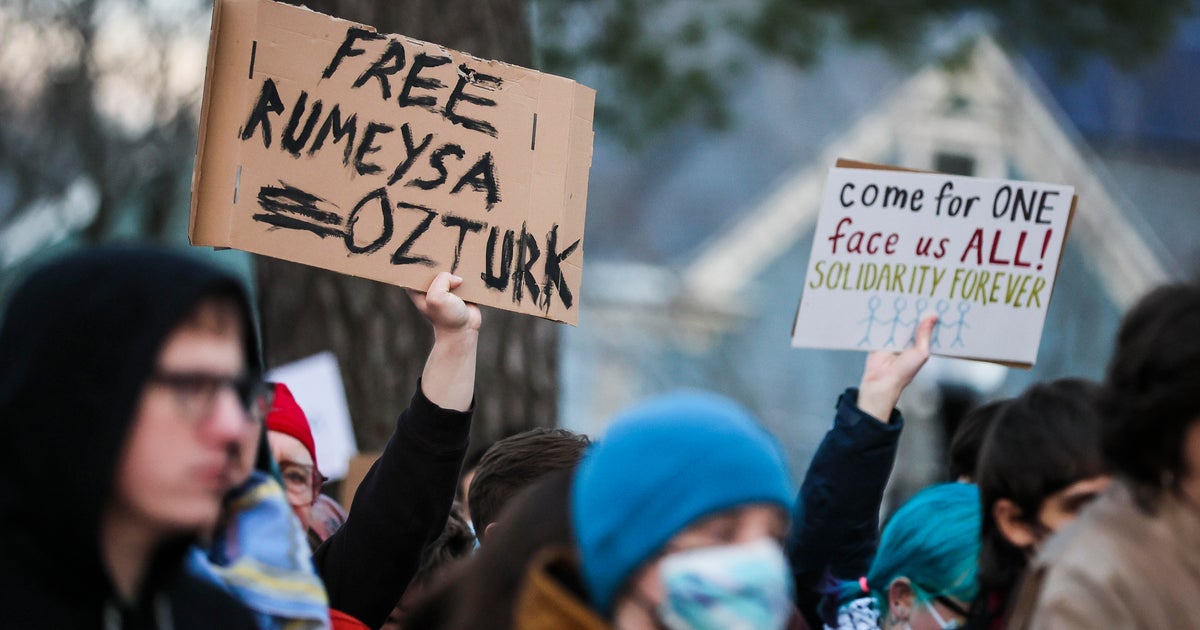The removal of several lawmakers following their participation in a peaceful protest has ignited a firestorm of criticism from various quarters across the nation, including strong condemnation from President Joe Biden. The president expressed his dismay over the event on social media, declaring, “The expulsion of lawmakers who engaged in peaceful protest is shocking, undemocratic, and unprecedented.” Traditionally, the drastic measure of expulsion has been reserved for legislators accused of particularly serious offenses, such as soliciting bribes or engaging in sexual misconduct, suggesting that the use of such extreme measures in this instance might be disproportionately harsh and raises questions about the motives behind it.
The center of controversy revolved around the actions taken by House Speaker Cameron Sexton, who presides over a GOP supermajority, and his decision to draw parallels between the lawmakers’ peaceful protest and the violent break-in at the U.S. Capitol on January 6th. However, Sexton’s comparison drew skepticism as the circumstances surrounding the two events were markedly different. In the case of the lawmakers, all protesters entered the building legally, having passed through the necessary security screenings, and at no point did they engage in activities that involved breaking into the building, damaging property, or behavior that led to arrests. This was in stark contrast to the events of the January 6th insurrection, where participants forcibly breached the Capitol, causing widespread damage and leading to numerous arrests.
The report from the local news outlet, the Tennessean, provided a detailed account of the protest, emphasizing that the demonstrators were allowed entry into the building after undergoing the usual security checks. This account further exacerbated the debate over whether the comparison made by Sexton was valid or merely a political maneuver intended to discredit the protesting lawmakers and their cause.
In the aftermath of the lawmakers’ removal, there was significant discussion about the next steps in terms of filling the vacant seats. Doug Kufner, a spokesperson for Speaker Sexton, made it clear in a statement to Buzzfeed News that the vacancies would not remain unfilled for long. He noted that the appointments to these positions would be handled by the relevant local authorities in Nashville and Shelby County, assuring that the representatives chosen would be seated as mandated by the constitution. This move would be critical in restoring the representation of the constituents who suddenly found themselves without their elected officials.
The community’s reaction to these developments was mixed, with many expressing concern over the implications for democratic norms and the precedent it set for handling dissent within the legislative process. Local civic groups and political commentators debated the potential long-term effects of such a decision, particularly in terms of legislative integrity and public trust in governmental institutions.
This incident highlighted ongoing tensions within American politics, especially concerning issues of protest and the handling of dissent. It raised fundamental questions about the balance between maintaining order within legislative bodies and respecting the rights of lawmakers to express their views and represent their constituents, especially through protest, which is a hallmark of democratic society. The strong reaction from various leaders, including President Biden, underscores the sensitive nature of this balance and the complexities involved in navigating such situations.
Moreover, the incident served as a crucial reminder of the need for clear guidelines and norms governing the conduct and disciplining of lawmakers to ensure that actions taken are both appropriate and proportional to the conduct in question. It also highlighted the essential role of public scrutiny and media coverage in maintaining transparency and accountability in governmental processes.
As the situation continues to unfold, with new representatives set to be appointed to fill the vacated positions, all eyes will be on how these developments will impact the political dynamics within the state and potentially influence broader national discussions about the rights of lawmakers, protest within legislative settings, and the implications for democratic governance. This will undoubtedly continue to be a significant point of discussion among policymakers, legal experts, and the general public as they navigate the complex interplay of rights, responsibilities, and the rule of law in a democratic society.









